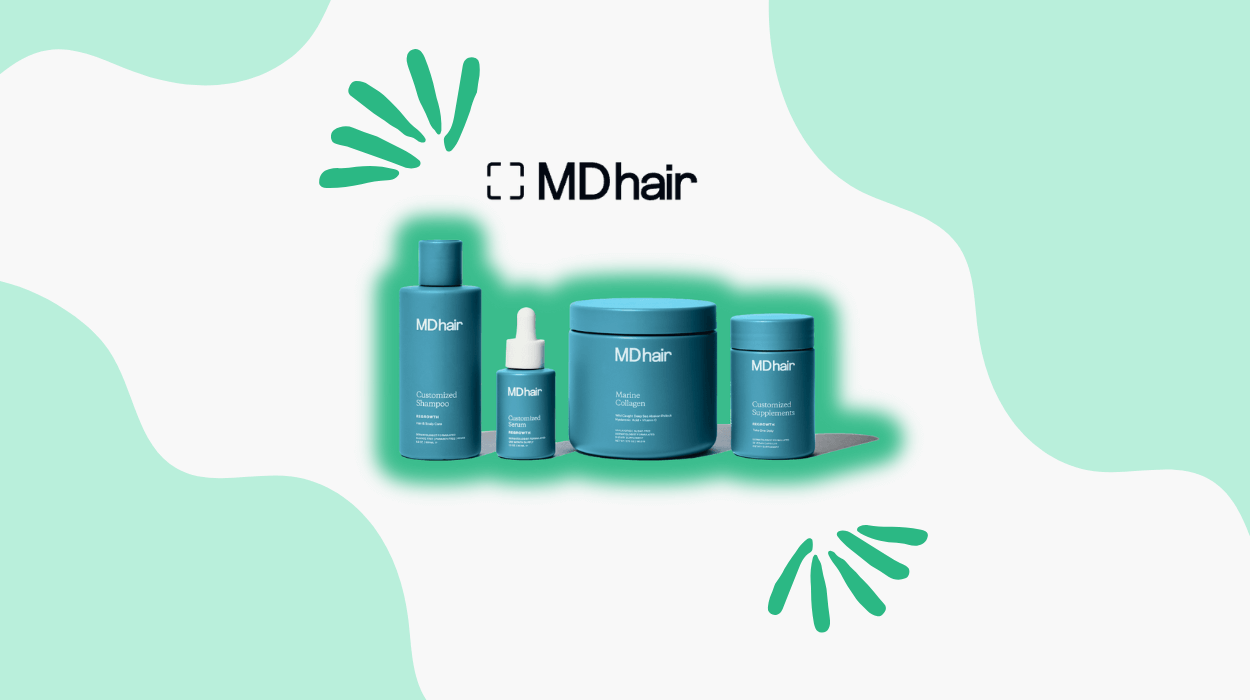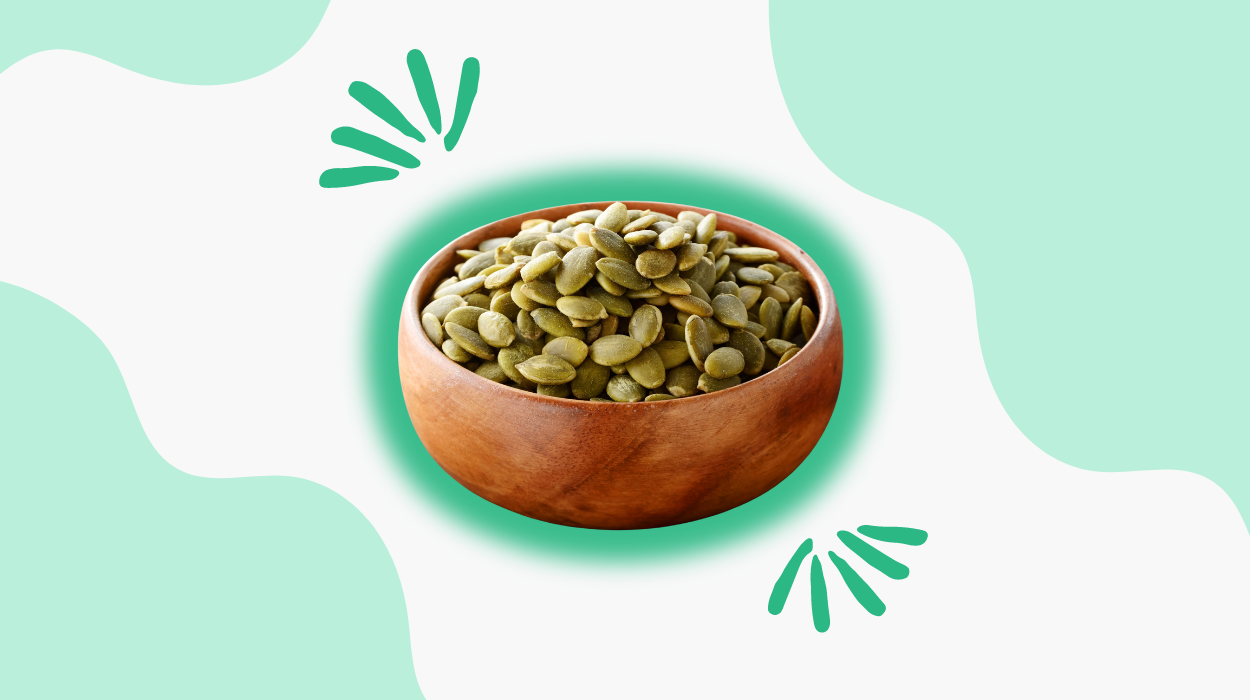

Pumpkin Seeds: What Are They? The heart of the pumpkin fruit contains the tasty, flat, oval-shaped seeds known as pumpkin seeds. After being cut free from the meat, they can be cleaned and either roasted plain or with the addition of tastes like herbs and spices to create a delightful, crispy snack.
Eating pumpkin seeds often involves roasting them beforehand. They are often utilized in Mexican cuisine, and many people eat them as nutritious snacks.
It looks at pumpkin seeds’ nutritional content, use recommendations, potential health risks, and potential health benefits. Although the vast majority of people can utilize them, not everyone can. Pumpkin seeds also have undesirable side effects and don’t work well with all medications. Before choosing to consume them, there are a few things to consider.
Adding a small number of seeds to your diet can help you reap a variety of possible health advantages because they are a nutrient-dense food. They are generally devoid of cholesterol, gluten, saturated fat, and high blood sugar. They also include antioxidants in addition to fiber, phytosterols, heart-healthy fats, and a variety of vitamins and minerals. Pumpkin seeds stand out in particular:
Due to their high zinc content, these seeds have long been prized. The WHO states that eating them is a great way to obtain this vitamin.
Your body needs zinc in many different ways, but it’s particularly crucial for immune system health, cell development and division, sleep, mood, senses, eye and skin health, insulin management, and male sexual function. These seeds’ zinc concentration has been linked to prostate health and the treatment of BPH, or enlarged prostate.
Three tablespoons of 30 grams provide more than half of the daily allowance. Numerous important physiological functions rely on this mineral. Your blood pressure, heart health, bone health, and blood sugar levels are all impacted by a healthy magnesium intake.
A fantastic plant-based protein source, one serving provides about 10 grams of protein or around 20% of the daily required amount for women. Your body needs tryptophan, an amino acid, to make the “sleep chemicals” serotonin and melatonin. A great source of this amino acid is pumpkin seeds. Tryptophan aids in the promotion of restful sleep, together with zinc and magnesium.
According to studies, this meal accompaniment also helps manage diabetes, which is good for your health.
Furthermore, pumpkin seeds’ magnesium concentration is what lowers blood sugar levels. Because of this, experts think that including pumpkin seeds in your diet may lower your chance of developing diabetes.
Pumpkin seeds are a healthy snack that might help you lose weight. They are excellent for building muscle and burning fat. They are filling and high in fiber, protein, and minerals, including zinc and calcium.
Your digestive system will benefit from fiber, which also helps you feel fuller for longer. That stops you from eating too much during the day, which stops you from putting on weight.
In addition to its numerous health advantages, zinc aids in fat-burning and weight loss.
Even though pumpkin seeds are wonderful, not everyone like them. Even while the positives exceed the negatives, there are a few things to consider. So, before including them in your food plan, take a few factors into account.

Make sure the pumpkin seeds you choose don’t show any signs of dampness or insect damage and make sure they aren’t shriveled. If you can, smell the pumpkin seeds to make sure they aren’t stale or musty. Pumpkin seeds are best kept in the refrigerator in an airtight container. You may keep them in an airtight container or plastic bag in a cold, dry location if you plan to eat them within a few weeks.
It’s crucial to be aware that you will require a lot of room while growing pumpkins. They can be quite simple to grow aside from that. Protect your crop from chilly, icy weather and search for warm, nutrient-rich soil that is not overly wet. For best coverage, the pumpkin seeds should be buried one inch deep and then covered with soil. Your pumpkins may take up to 100 days to reach maturity.
A nutritional powerhouse, pumpkin seeds are particularly high in zinc, magnesium, manganese, copper, and iron. They also include a wide range of vitamins and minerals. They include a variety of healthy plant substances, such as phytosterols and antioxidants, which can improve your health and shield you from sickness. The seeds, extract, and oil has also long been prized for their anti-microbial characteristics, which include their ability to fight viruses and fungi.
These seeds may help maintain a healthy heart, strengthen your liver and immune system, combat diabetes, and provide special advantages for men’s prostate health and women’s menopausal symptoms alleviation thanks to all of these essential nutrients.
